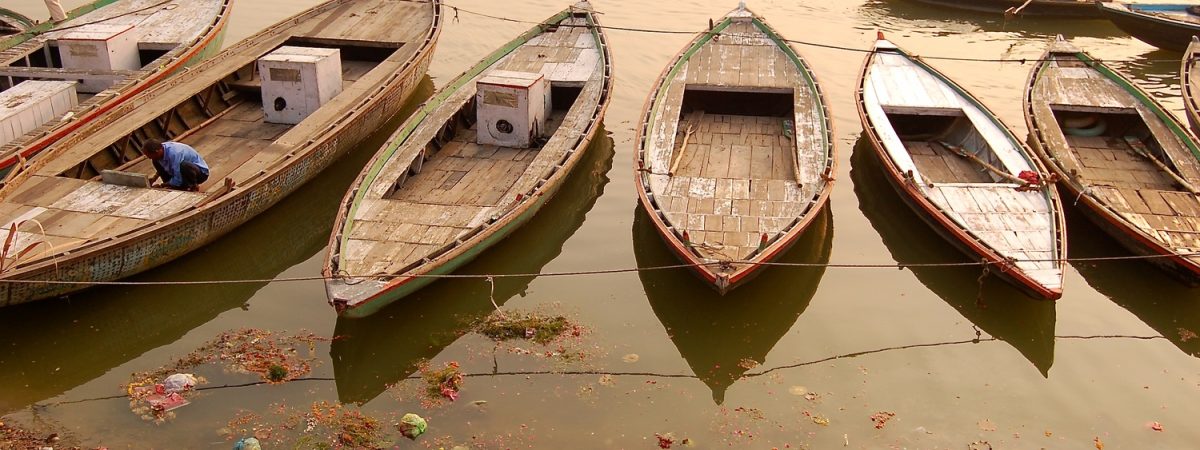I did it!
I went to Los Angeles and I talked about writing about loss, and it went better than I could have imagined. Because who really expected, honestly, that there would be a packed room of writers wanting to hear a panel of other writers talking about writing about death?
I’ll be honest: I was skeptical. (Maybe you were, too. It’s okay. I won’t be offended.)
But the people came! They came in clusters. They listened to us talk about unearthing memories, and reinterpreting our stories to uncover hidden meaning, and about the choice to sit down and write, and the scariness and uncertainty and vulnerability of putting your story out there, and the importance of capturing the funny stuff, too, like the way Dad used to fart a little as he came down the stairs into the kitchen every night for dinner.
And they listened to me get all excited as I talked about the need for lots of stories about death. Not a few famous stories. But lots of stories.
Because I feel there’s some skepticism out there. I mean, it’s been done, right? There are already books about death and loss and stuff. It’s been done to death! We don’t need any more on the subject.
There are, what, seven billion of us homo sapiens on this earth? And every one of us is affected by death.
So I decline to accept that we’ve had the final word on death.
My reasoning: Joan Didion could have decided not to bother writing The Year of Magical Thinking due to the fact that C.S. Lewis had already written A Grief Observed. Joan Didion could have thought, “Nah. It’s been done.”
If that’s what she had decided, then, during the fall of 2007, when I was depressed and underemployed and spending a lot of time in a public library in central Arizona, I wouldn’t have come across The Year of Magical Thinking, and it wouldn’t have saved me.
So I told the folks in Los Angeles that I think we should look at our stories as gifts. Gifts to readers who need to get lost in stories that reflect their own.
That’s what I think. And I hope you agree. But if you don’t, that’s okay. Because I have to keep writing about this death shit, even if you think enough is enough.
As a matter of fact, in one of the last questions of the day, we were asked if we had mentors, and, if so, what advice they’d given us.
“Yes I have a mentor,” I said. “And she told me:
“Courageously pursue your course through darkness.”

Word.
Splendid, Superb, Thoughtful!!! Bravo, Mattea.
Love, Lindsey
I was there! I sat on the aisle in the third row, amazed and delighted by you and the others on the panel. And relieved, did I mention I was relieved? I’ve been writing and talking about death for almost 20 years. In those 20 years I’ve participated many times in the miracle of death. First my father, then my mother, then several friends, then my sister-cousin, then another friend.
Most people say sweet things like "I’m sorry for your loss." That seemed hollow and shallow although I know they meant it in the kindest way. For some reason "loss" just didn’t ring totally true for me. Yes, it was indeed a loss but it was more than that — it was a death. Death, dead, died, dying are all words I would use in my conversation, but I soon realized that those words made people very uncomfortable and they would quickly change the topic. THEY had nothing more to say. So I turned to writing because I had lots more to say. Some of it was tragic, some sad and depressing. Much of it was happy, humorous and down right hysterical.
Thank you Mattea and the other great ladies of the panel for opening up about death. Your stories and the discussion that ensued gave me the validation to write and publish my stories. You gave me permission to see that the publication of my writing was not morbid and self-serving. It was actually a universal truth that within the sadness there is still the marvelous miracle of death.
And did I mentioned I was relieved. VERY relieved.
So many emotional truths here. I open these posts with great trepidation – I am afraid I will cry I suppose. And maybe I do – but then I feel relieved that you and your thoughtful words are resting there, embracing me.
Peace, strength, love, comfort from your recent blog Thanks Karen
You gotta voice lady.
I’ve found participating at my local "Death Cafe" group helpful, resourceful with plenty of great stories and sharing. I notice that several groups meet regularly in Arizona: North, South and Central. I attend a meeting in Mid-Coast Maine. Quite a fascinating experience. Google "Death Cafe" and your local area to find the nearest meeting time and place. Its a rather new phenomenon. Try it . You might like it. Lee